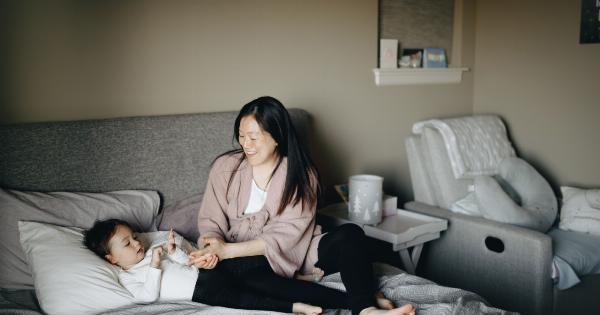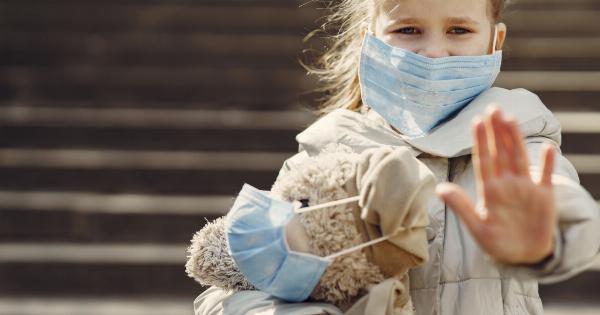Chemotherapy is a common treatment for cancer, and while it can be lifesaving, it often comes with various side effects. One such side effect that many cancer patients experience is sleep problems.
These sleep disturbances can negatively impact the patient’s quality of life and overall well-being. In this article, we will explore the causes of sleep problems during chemotherapy and discuss some possible solutions.
Causes of sleep problems during chemotherapy
1. Psychological distress: Undergoing chemotherapy can be emotionally and mentally challenging. Many patients experience high levels of anxiety, stress, and depression, which can cause difficulty falling asleep or staying asleep throughout the night.
2. Medication side effects: Certain chemotherapy drugs can interfere with the body’s natural sleep-wake cycle. They may induce insomnia, restlessness, or even excessive drowsiness, making it hard for patients to establish a regular sleep pattern.
3. Pain and discomfort: Chemotherapy can cause physical discomfort such as body aches, muscle pain, or nerve damage. These issues can make it difficult for patients to find a comfortable sleep position, leading to disrupted sleep.
4. Hormonal changes: Chemotherapy can affect hormone levels in the body, leading to disruptions in sleep patterns. Hormonal imbalances can result in night sweats, hot flashes, or mood swings, all of which can interfere with a good night’s sleep.
5. Environmental factors: Patients undergoing chemotherapy often spend extended periods in hospitals or treatment centers.
These environments may have bright lights, noisy monitoring equipment, or uncomfortable beds, all of which can contribute to sleep disturbances.
Solutions for sleep problems during chemotherapy
1. Establish a bedtime routine: Creating a consistent bedtime routine can signal to the body that it is time to sleep. Engage in calming activities such as reading, taking a warm bath, or practicing relaxation techniques before bed.
2. Create a sleep-friendly environment: Make your sleep environment as comfortable as possible.
Use blackout curtains or an eye mask to block out light, wear earplugs or use a white noise machine to drown out noise, and ensure your mattress and bedding are supportive and comfortable.
3. Manage pain and discomfort: Discuss pain management strategies with your healthcare team.
They may recommend medications, gentle exercises, or alternative therapies such as acupuncture or massage to help alleviate physical discomfort and improve sleep quality.
4. Seek emotional support: Cancer treatment can be emotionally challenging, and seeking support from friends, family, or support groups can help reduce anxiety and stress.
Consider speaking to a therapist or counselor who specializes in cancer-related issues to address any psychological distress that may be affecting your sleep.
5. Practice good sleep hygiene: Maintain a consistent sleep schedule by going to bed and waking up at the same time every day. Avoid stimulating activities and electronics before bed, and create a comfortable, dark, and quiet sleep environment.
6. Talk to your doctor about medication side effects: If your sleep problems are primarily due to medication side effects, discuss these concerns with your doctor.
They may be able to adjust your dosage or prescribe additional medications to help manage these side effects without compromising your cancer treatment.
7. Consider complementary therapies: Some cancer patients find relief from sleep problems through complementary therapies such as yoga, meditation, or aromatherapy.
Consult with your healthcare team to determine which therapies may be safe and beneficial for you.
8. Explore sleep aids: In some cases, your healthcare team may recommend short-term use of sleep aids to help manage sleep problems during chemotherapy. However, these should always be used under the supervision and guidance of a healthcare professional.
Conclusion
Sleep problems during chemotherapy can significantly impact a patient’s quality of life and overall well-being.
Understanding the causes of these sleep disturbances and implementing appropriate solutions can improve sleep quality and provide much-needed rest for cancer patients.
By establishing a bedtime routine, creating a sleep-friendly environment, managing pain and discomfort, seeking emotional support, practicing good sleep hygiene, and consulting with healthcare professionals, patients can alleviate sleep problems during chemotherapy and improve their overall sleep health.






























